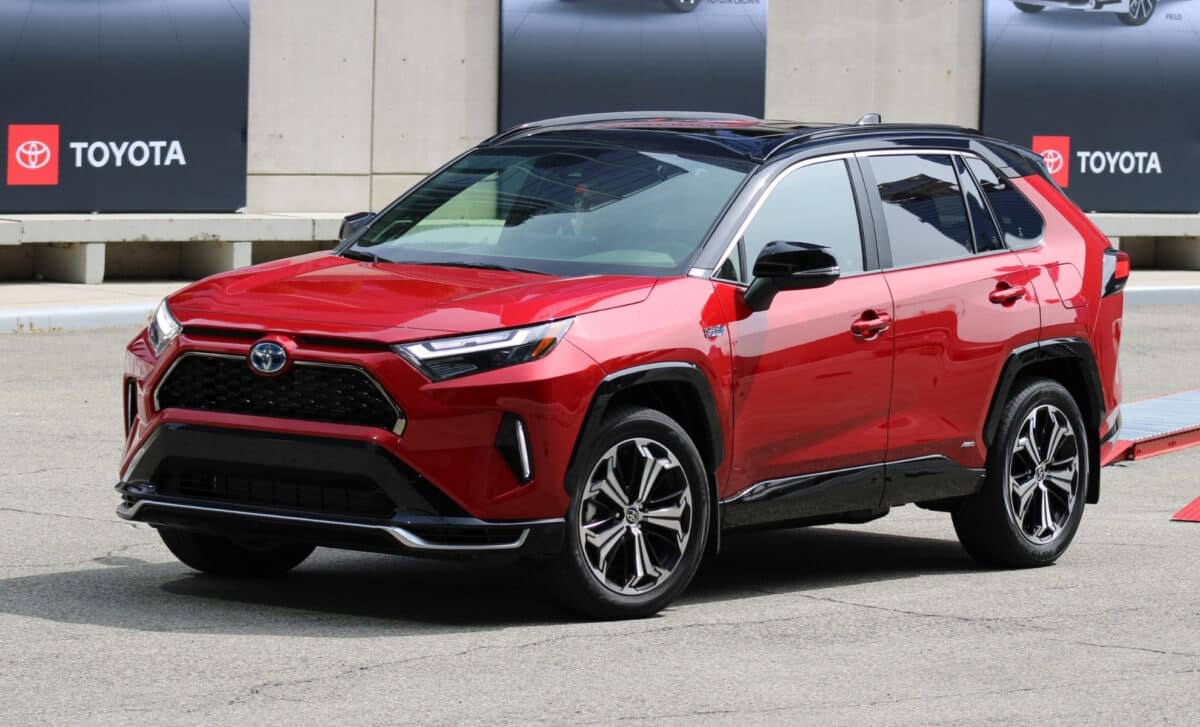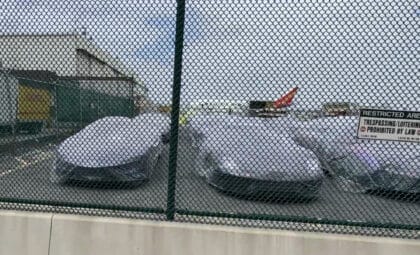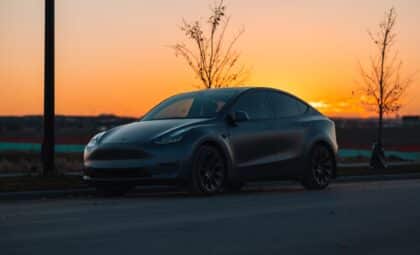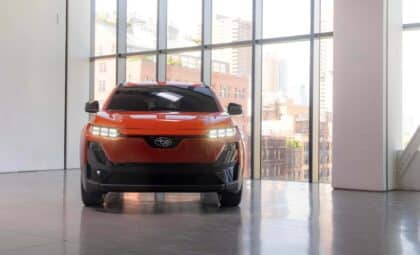After months of industry speculation, Toyota recently confirmed its plan to produce two new three-row battery-electric SUVs in the US. Although details remained sparse at the time, a report from Nikkei, revealed that the upcoming models will be based on the RAV4 and Land Cruiser platforms. Both vehicles are expected to target mainstream buyers looking for spacious and versatile electric options. The timing coincides with Toyota’s growing investment in electric mobility, with seven EVs slated for US release by mid-2027.
This development also signals a reshuffling of Toyota’s domestic production priorities. With the Kentucky plant pivoting toward EV assembly, the Lexus ES sedan, which was previously built at the same facility, will now be manufactured in Japan and shipped to the United States. Sources close to the matter emphasized that this relocation is unrelated to recent US tariff policies.
Shift From Indiana to Kentucky Redefines Production Priorities
Earlier this year, Toyota announced that it would bring two new electric SUVs to production in the United States. Initially planned for assembly in Princeton, Indiana, the company has now redirected manufacturing to its Georgetown, Kentucky plant, the largest Toyota facility in the country.
A report by Nikkei revealed that these EVs will adopt design cues and platforms from the existing RAV4 and Land Cruiser models. This move underscores a strategic bet on nameplate recognition, repurposing well-established models for the EV age rather than launching entirely new sub-brands.
In a statement shared with Electrek, Toyota did not confirm the specific vehicles but acknowledged it is actively reviewing its production roadmap “to make ever-better cars.” At the same time, the brand is scaling up output of the Grand Highlander in Kentucky, suggesting the plant is becoming a key hub for its largest US-market vehicles.
Kentucky Plant to Replace Lexus ES With EV Models
As the Kentucky facility prepares for its new EV responsibilities, the production of the Lexus ES will be relocated abroad. An unnamed source cited by Nikkei indicated that the sedan will now be assembled in Japan and then exported to the United States.
This adjustment appears to be part of a broader consolidation of Lexus manufacturing operations, with Toyota aiming to centralize luxury vehicle production. While the move might raise questions about protectionist trade responses, the source clarified that it is not linked to the U.S. recent automotive tariffs.
Instead, the shift allows Toyota to free up capacity at its US plant for higher-volume, next-generation electric SUVs. Lexus vehicles will now be produced at a single global location, streamlining logistics and potentially improving cost efficiency for the brand.
Upcoming RAV4 and Land Cruiser EVs to Join Wider Electric Push
The electric RAV4 and Land Cruiser are part of a larger rollout that will bring seven new battery-electric vehicles to the US by 2027. Following the release of the revamped bZ SUV, additional models including the C-HR EV and bZ Woodland are set to launch in 2026.
Speaking to Electrek, David Christ, vice president at Toyota Motor North America, said the company is “loading the bases” with an array of electrified options — including battery-electric, hybrid, and plug-in hybrid vehicles. This layered approach illustrates Toyota’s intent to serve a wide range of consumers, rather than relying solely on full EV adoption.
Toyota’s electric expansion builds on its long-standing hybrid legacy, but with the RAV4 and Land Cruiser EVs, the company is clearly leaning more heavily into the fully electric market. Their arrival in Kentucky marks a notable moment in Toyota’s evolving role in the American EV landscape.









